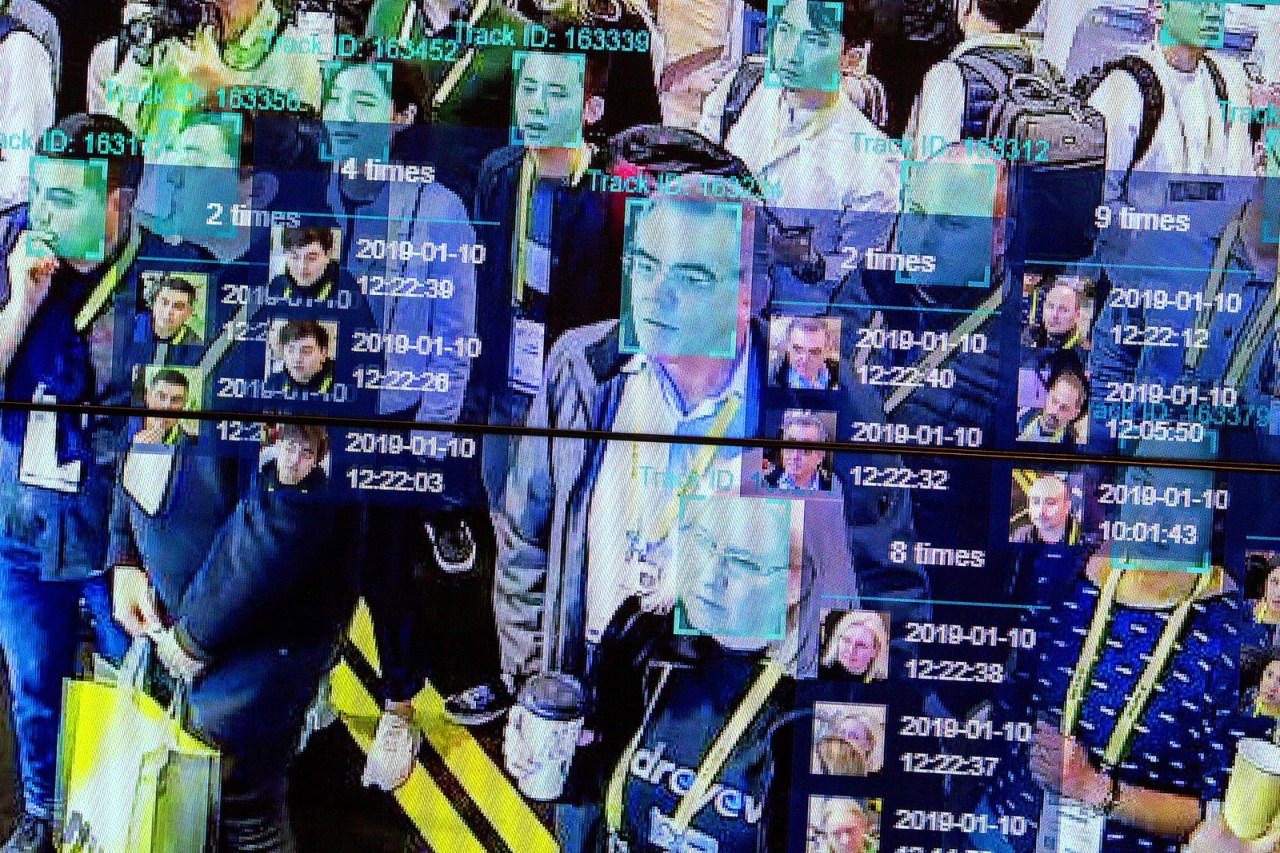The call for privacy in an increasingly digitized world has never been more crucial. As AI technologies such as facial recognition continue their relentless march into public spaces, the European Parliament has risen to the occasion, recently voting in favor of a sweeping ban on remote biometric surveillance. This significant step not only aims to protect fundamental rights but also sets the tone for how artificial intelligence will intersect with daily life across Europe.
Understanding the Implications of Biometric Surveillance
The use of AI-powered surveillance tools has stirred up considerable debate regarding privacy and human dignity. MEPs (Members of the European Parliament) stress that monitoring should only occur under the suspicion of criminal activity, rather than being a default approach. As facial recognition becomes increasingly casual in everyday life, many citizens feel like they’re under constant scrutiny. This anticipated ban, therefore, represents a much-needed line in the digital sand.
Provisions Included in the Ban
- Automated Facial Recognition: The resolution explicitly calls for halting any ongoing use of automated facial recognition systems in public settings.
- Private Facial Recognition Databases: There’s a unified stance against systems like the one created by U.S. company Clearview AI, which has been controversially used by some European law enforcement agencies.
- Predictive Policing: The MEPs have declared that any AI-driven predictive policing must be outlawed to prevent unjust targeting based on behavioral data.
- Social Scoring Systems: The European Parliament also highlights the risks associated with social scoring, which evaluates citizens based on behavior, thereby infringing on individual freedoms.
Diving Deeper: Algorithmic Bias and Transparency
In addition to calling for a ban on certain technologies, the resolution addresses algorithmic bias. The European Parliament emphasizes the necessity for human supervision in AI decision-making, ensuring that operators, rather than systems, hold the reins. Moreover, as surveillance technologies can disproportionately misidentify marginalized groups, MEPs advocate for algorithms that are transparent, traceable, and well-documented. Open-source software adoption by public authorities is also encouraged to foster transparency.
A Milestone for Human Rights
For the first time, the call for a moratorium on facial recognition for law enforcement purposes signals a collective refusal to accept the erosion of rights in the name of technological advancement. Rapporteur Petar Vitanov highlighted the necessity of this measure, suggesting that unregulated deployments of these systems are not only ineffective but could perpetuate discrimination against vulnerable populations.
What’s Next for AI Regulation in Europe?
As the European Parliament’s vote sends ripples through the legislative corridors of power, its implications extend far beyond Europe. Various stakeholders, from human rights organizations to tech companies, will need to navigate these new regulations and engage in active discussions about ethical AI deployment. The unambiguous message conveyed by parliamentarians sets the stage for future regulations, including the control of judicial decision-making assistance through AI, a controversial topic in its own right.
Conclusion
In summary, the European Parliament’s decision to advance a ban on remote biometric surveillance is a historic affirmation of fundamental human rights in the digital age. As the 21st century unfolds, it remains vital to foster discussions around privacy, ethics, and the appropriate deployment of AI technologies. The ramifications of this legislation could serve as a model for nations worldwide, underscoring the importance of holding technology creators accountable to the society they serve. At fxis.ai, we believe that such advancements are crucial for the future of AI, as they enable more comprehensive and effective solutions. Our team is continually exploring new methodologies to push the envelope in artificial intelligence, ensuring that our clients benefit from the latest technological innovations. For more insights, updates, or to collaborate on AI development projects, stay connected with fxis.ai.

